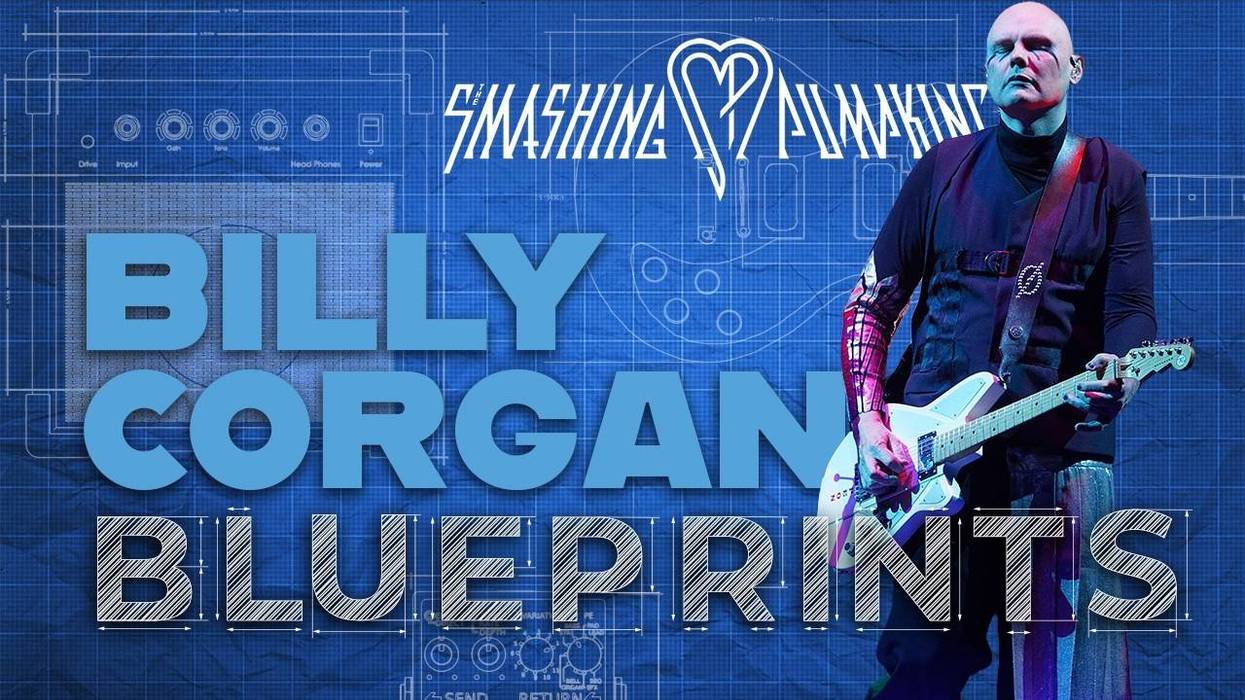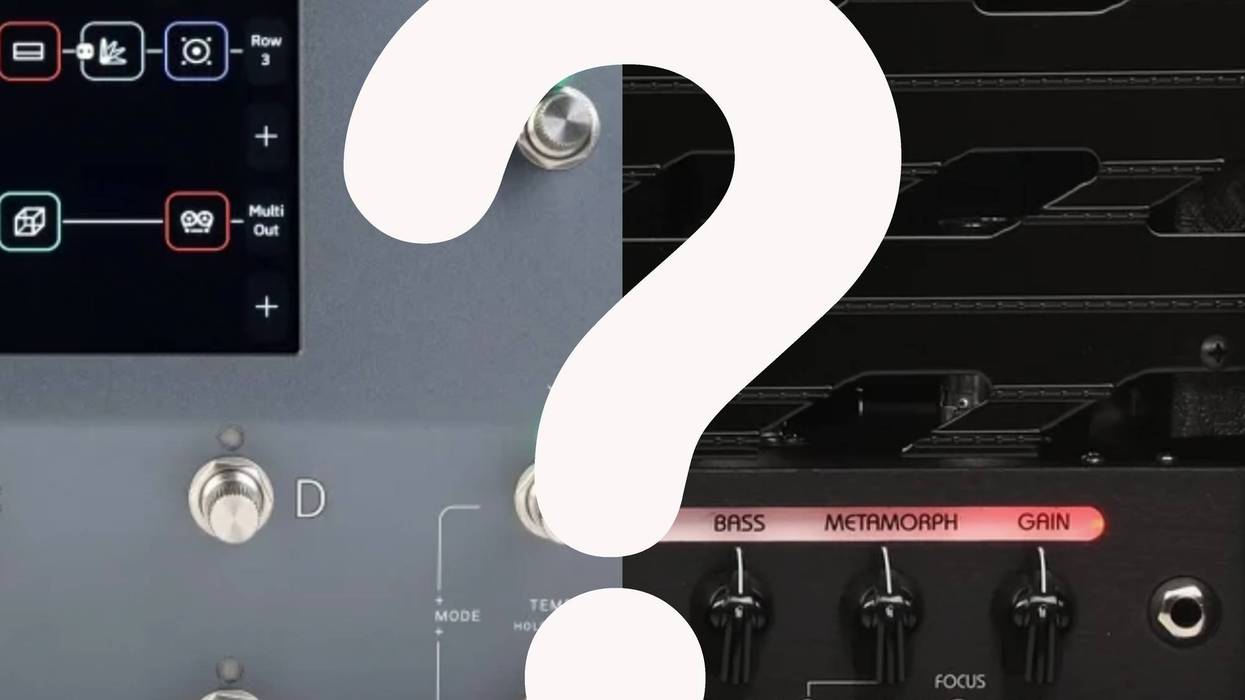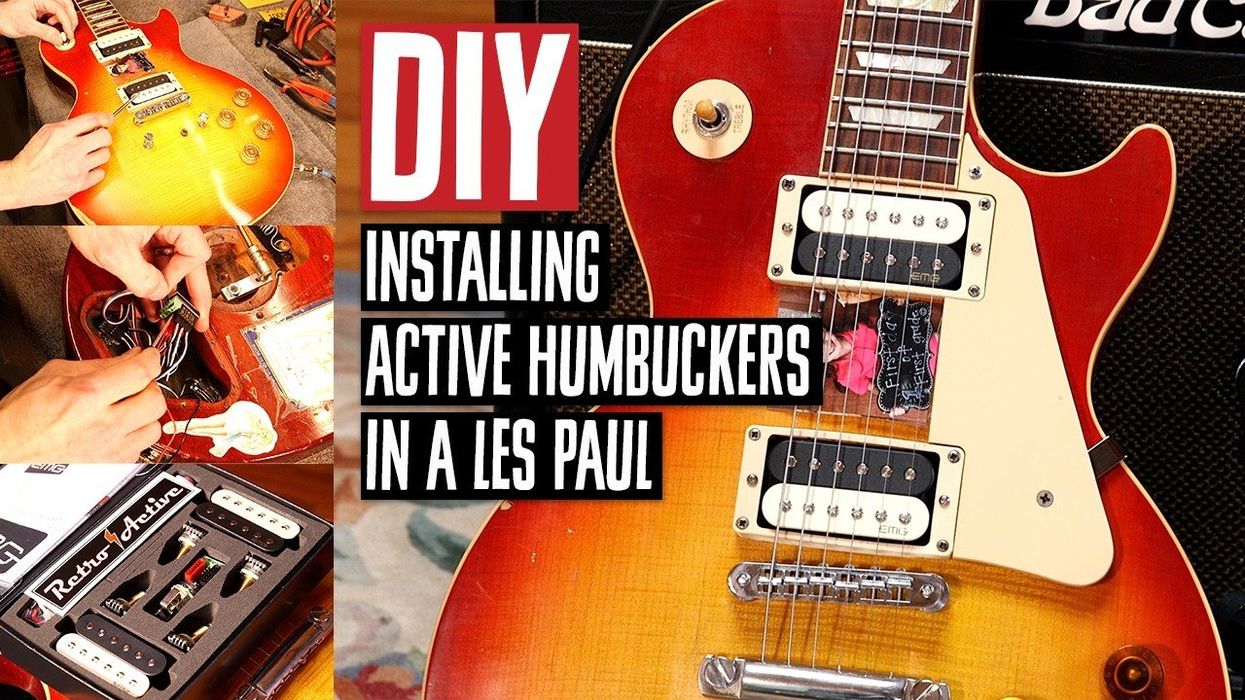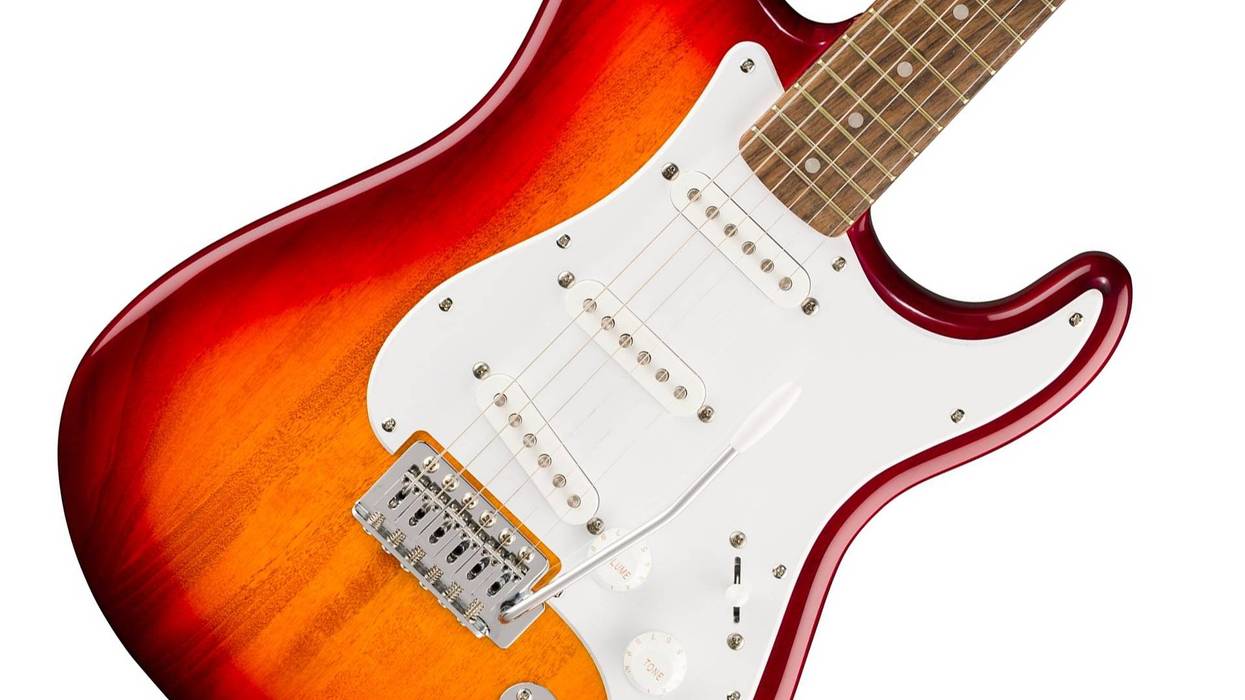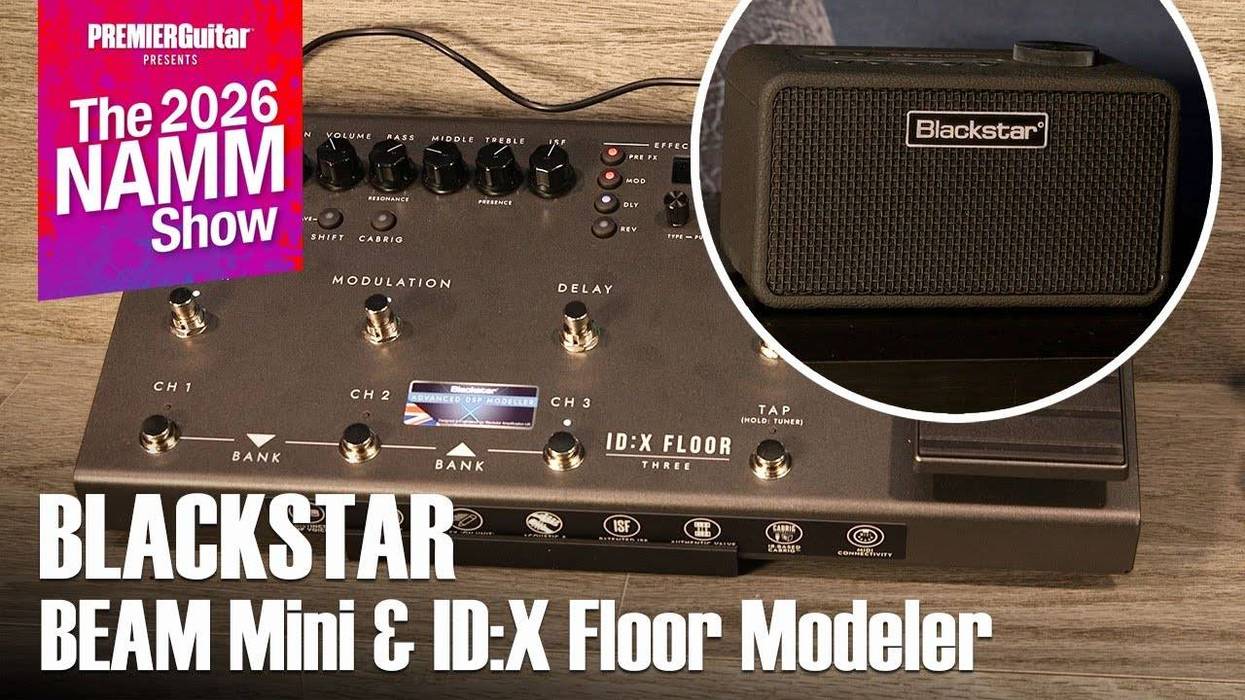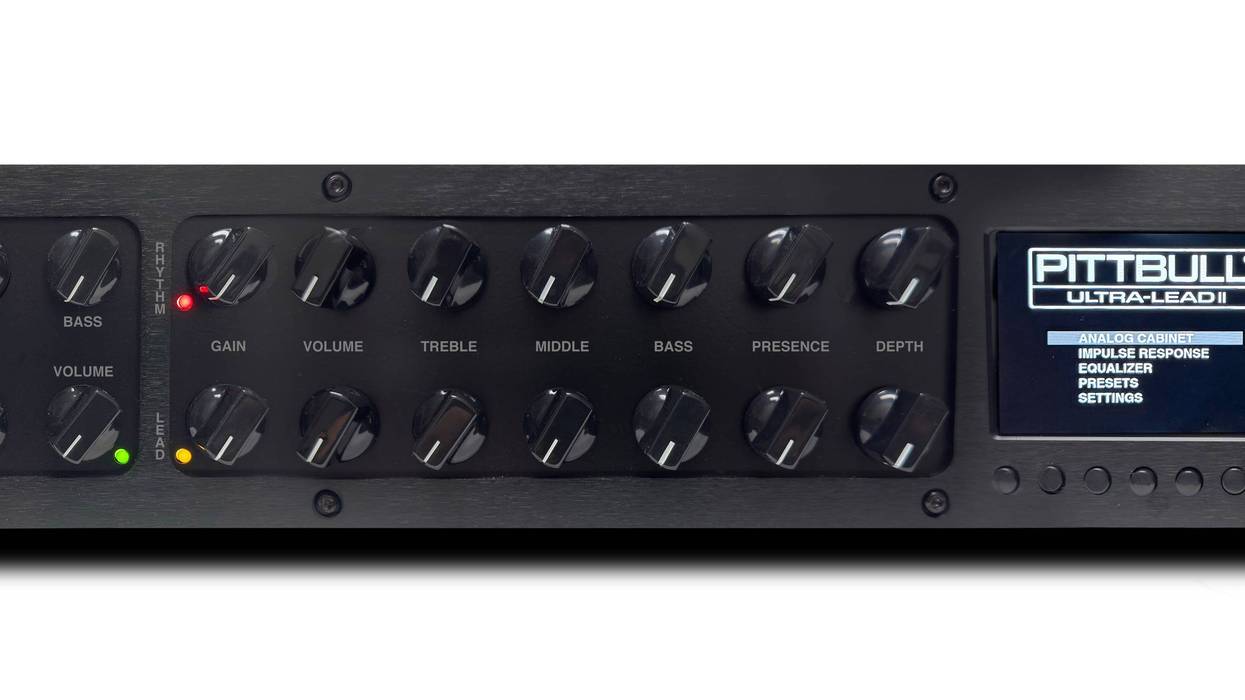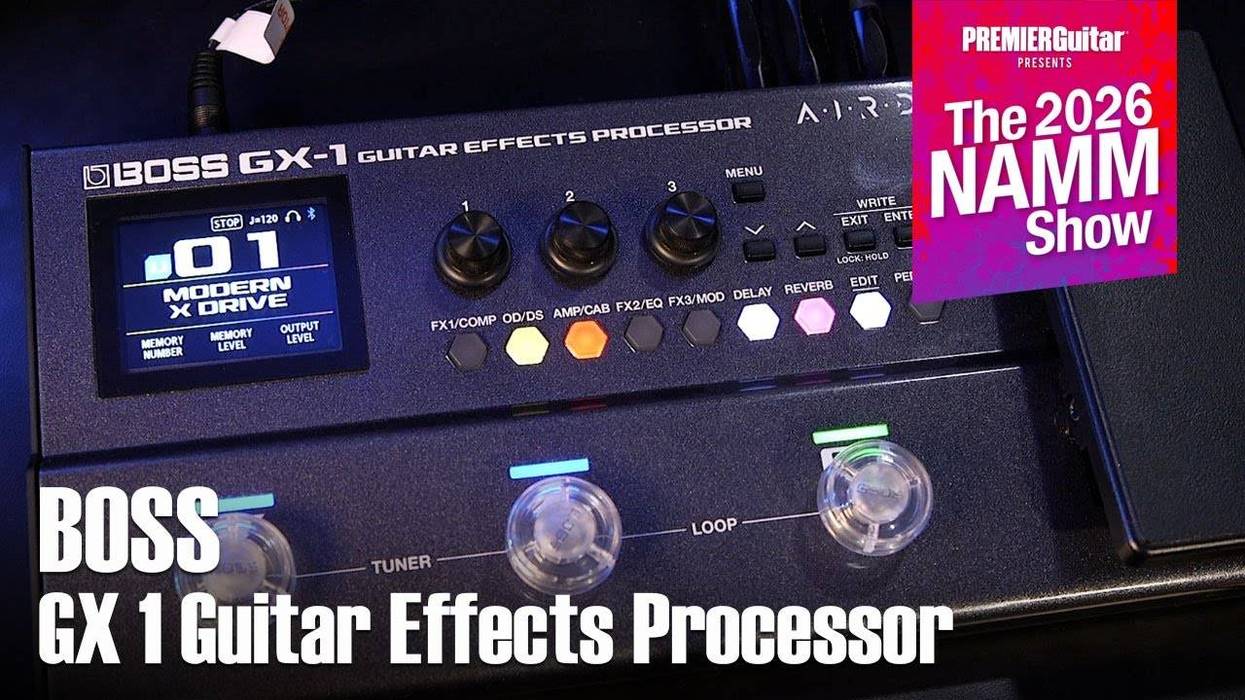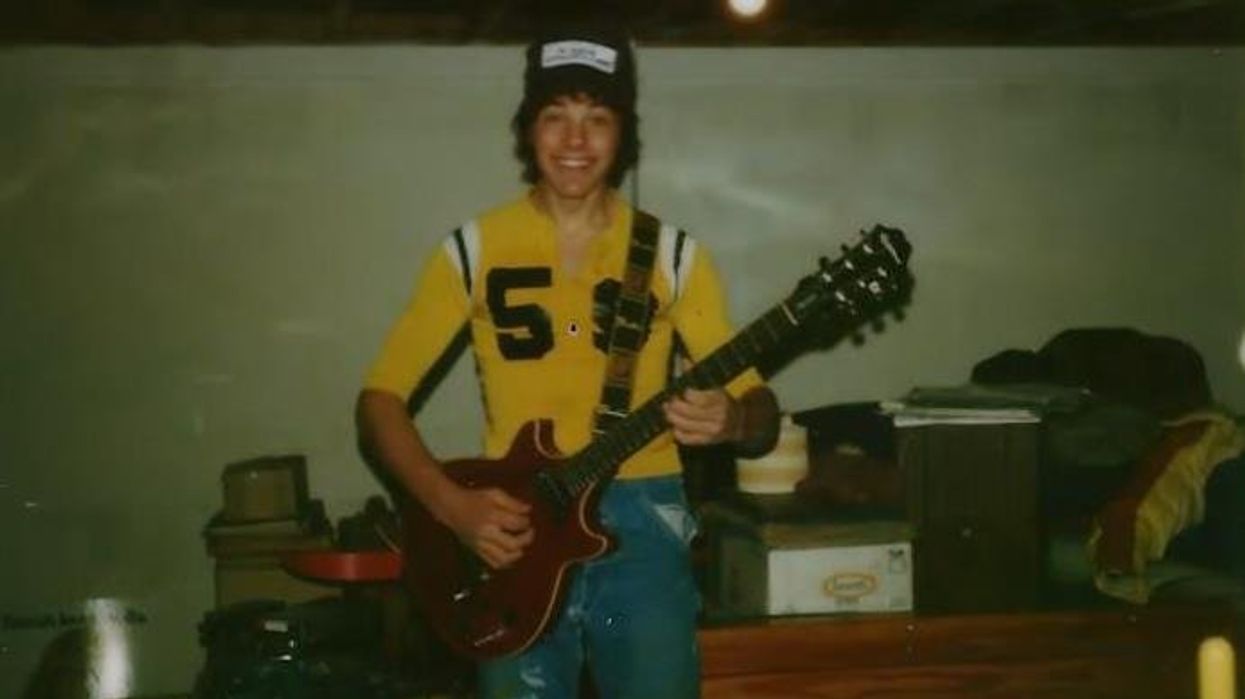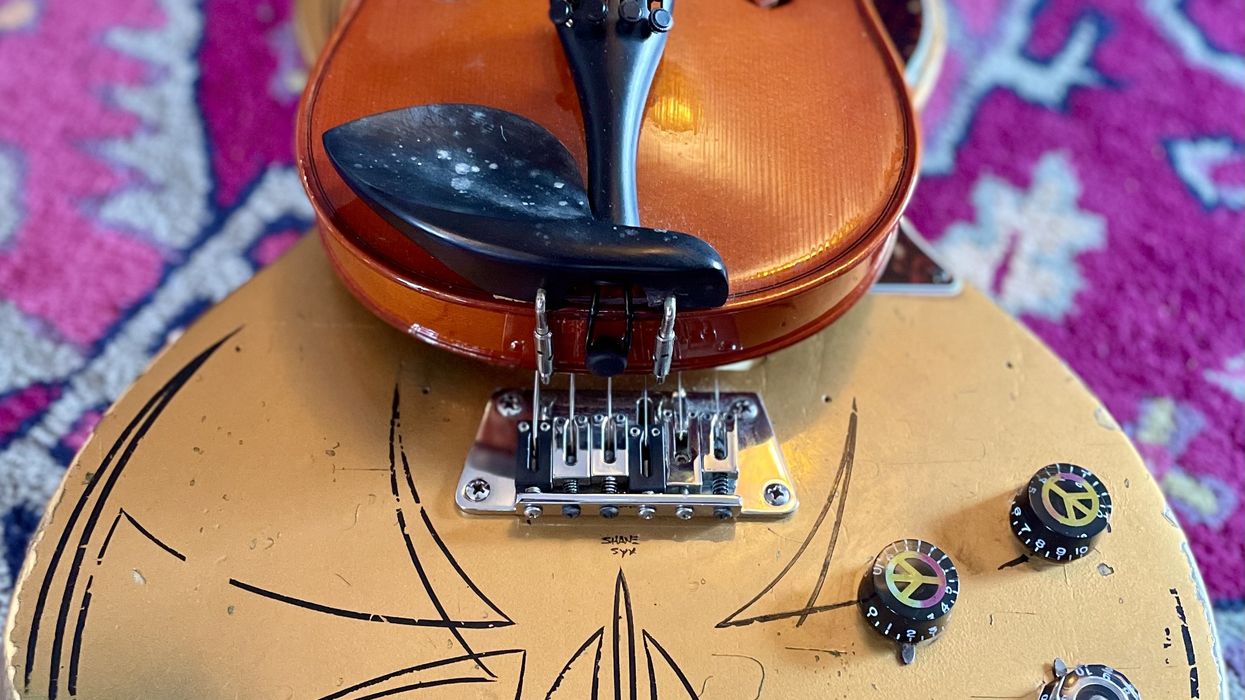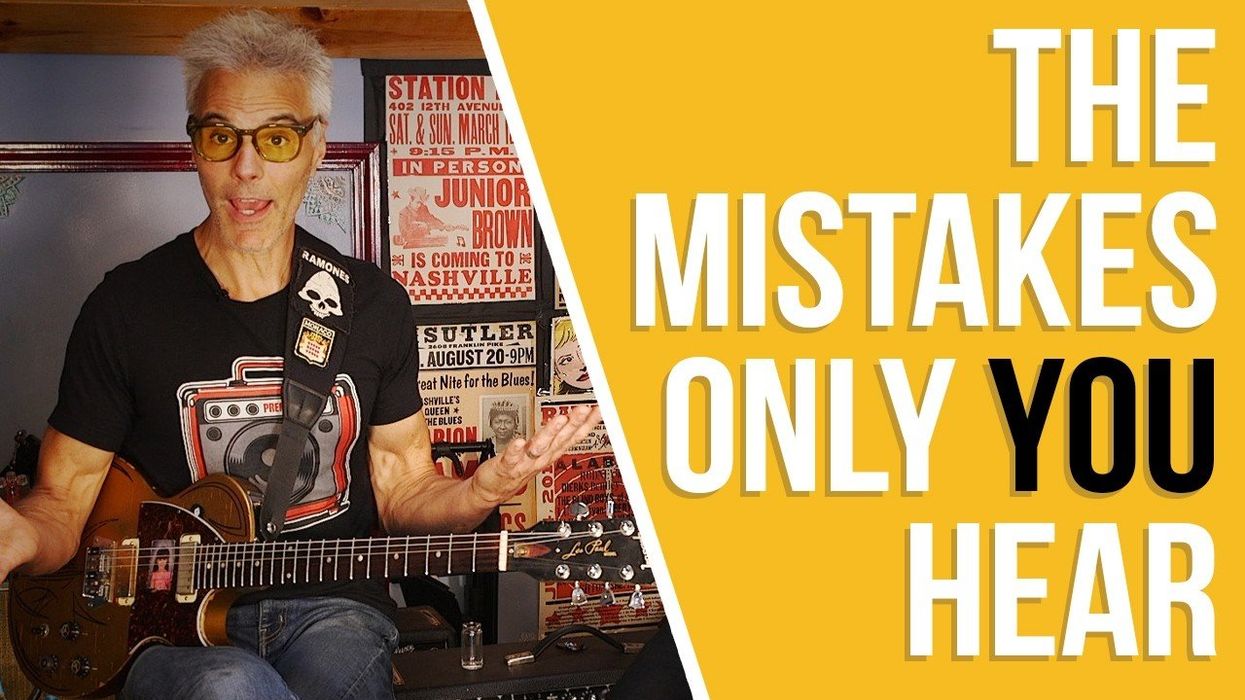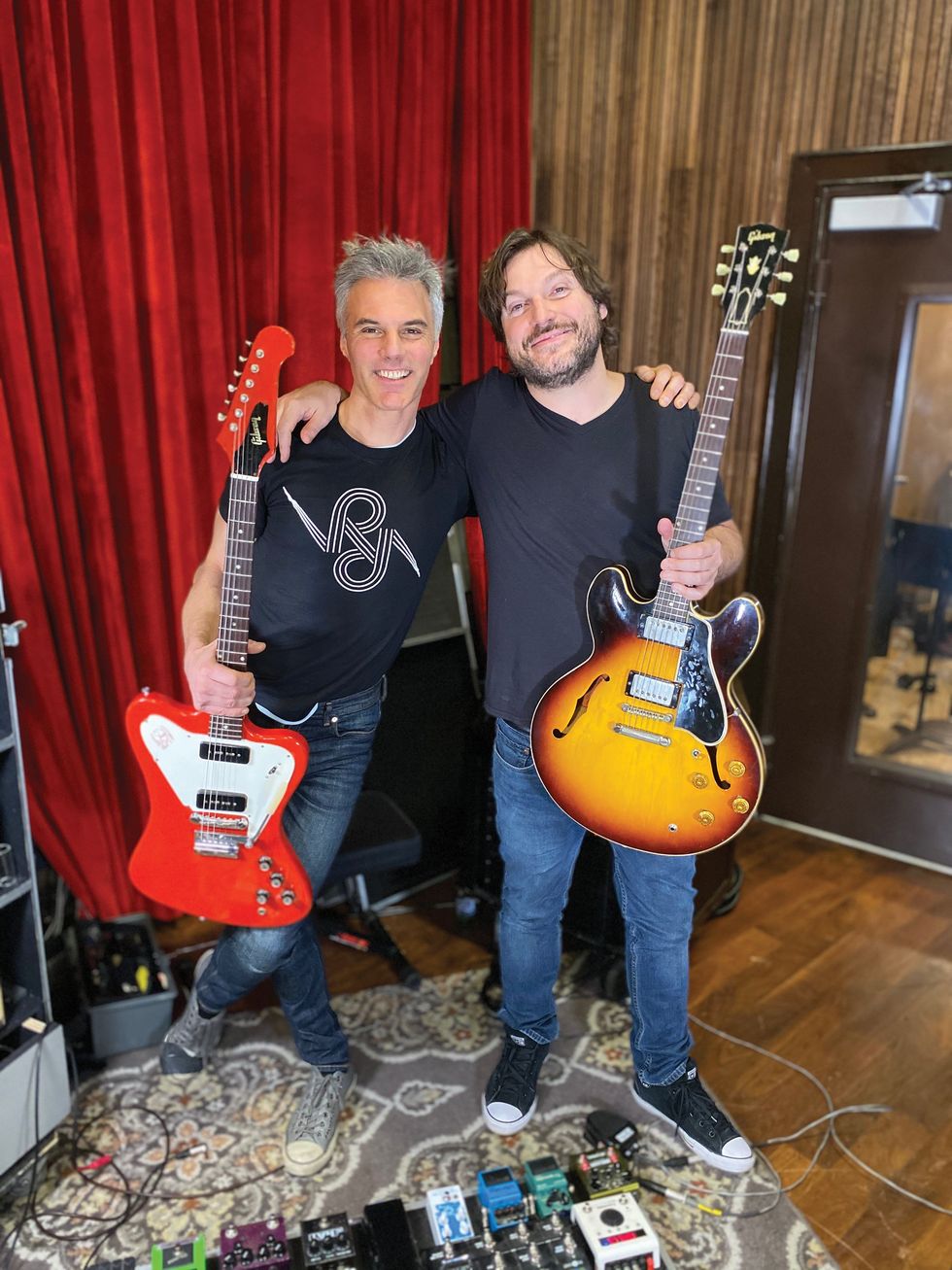I think we can all agree, there are a lot of variables that go into making a “tone” that we like. I would argue that context is by far the most important variable to consider. I say that for many reasons, but mostly because I believe that context encompasses all the other variables in a nice, tight little package (arrangement, gear, etc.).
I started learning about the importance of context relatively early in my musical journey. I became interested in recording soon after picking up a guitar. Learning about EQ-ing in a mix is something that really emphasizes this point. More specifically, I started noticing that when I’d EQ a track while mixing, it would sometimes sound bad in isolation, and this was not necessarily something that was intuitive to me. I was learning these lessons in my makeshift home studio, but unfortunately, I didn’t make those same connections initially when I started playing live.
Some years later, I became an avid follower of YouTube demoer and musical thinker Nick Jaffe, who is commonly known in our industry as “Just Nick.” He released a video on his channel entitled “Tone is a LIE — A calm, reasoned discussion with just Nick.” His argument was that “good tone” is very much coupled with the context it’s in. He used powerful examples, too. One was an unplugged Telecaster recorded with a computer mic devoid of arrangement, which Nick described as “atrocious.” Moments later, it was in a funk song and sat in the arrangement well. Shockingly well, to my ears. There was also the “epic” guitar tone/solo in isolation that was suddenly thin when used in an accompaniment.
I think another great example of this phenomenon is with the legendary Vox AC30. Many people have had the experience of playing that amp (particularly in a bedroom setting) where it’s just a little too clean, immediate, and bright. However, when played louder—just at the point of break-up and with a drummer, sitting in a band arrangement, where those high frequencies fit better and make more sense—it’s a beautiful, beautiful thing.
So how does this relate to pedals? We’re in an age where there are many ways to listen to a pedal, and many of these are on YouTube. It definitely puts a bee in my bonnet when I see blunt, short, online comments (trust me, I spend waaaaaaay too much time on online forums) about how (fill in the blank) pedal is bad. (Although usually that’s accompanied with more colorful language.) But the message remains the same: just straight-up bad. It drives me nuts because it seems there’s never any interesting, positive, or useful sound suggestions for a pedal or piece of gear in a comments section. It just presents a narrow-minded approach to gear. I’m okay with negative criticism, but it’d just be nice to have some more information as to why or how a certain piece of gear doesn’t work for somebody. I can speak confidently about the way that my playing or rig interacts with certain things, but I’m always very hesitant to make blanket generalizations based on my experiences. This philosophy expands far beyond gear as well. It turns out context is vitally important to essentially all things, all subjects.
This was all driven home for me further this last weekend, when I saw one of my favorite bands, Radiohead, perform. I’ve been to dozens of arena shows, and Radiohead’s live sound is just immaculate. They incorporate such a variety of sounds, including some very weird sounds, and it all works so incredibly well. I have to imagine that everyone in the band is keenly aware of context, and how different things interact with each other in the arrangements.
When I was younger, I was so intimidated by amps that had more than three controls (I sort of still am), but at some point, it occurred to me that I get to decide what I sound like. I’m in charge of my tone and—while I’m certainly not opposed to feedback, making adjustments, or looking at a few sample settings to get me started—I know what I like. At some point, I started believing that my opinion, my taste, had merit. In addition to that, we as musicians are the ultimate judges as to what is good in the context we’re in. Pages of sample settings are great, but they cannot prepare you for the perfect recipe for tone. The manual does not know how hard your drummer hits, what kind of rig the other guitarist uses, or what kind of pedals you’re going to put in front of your amp.




